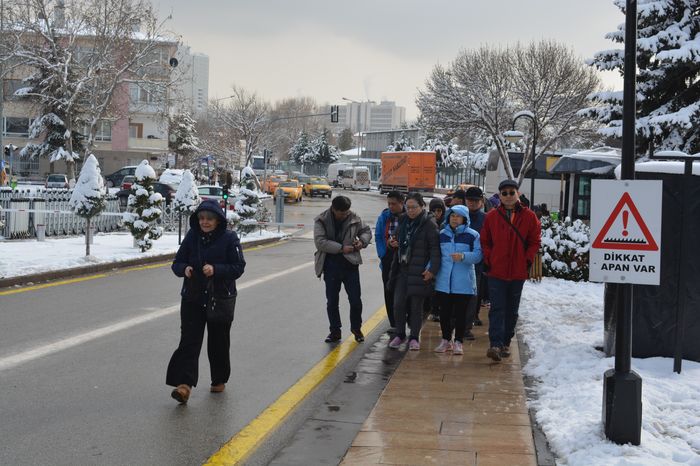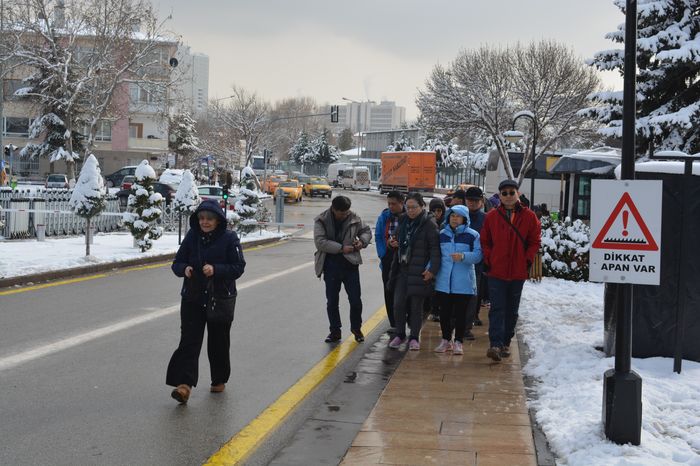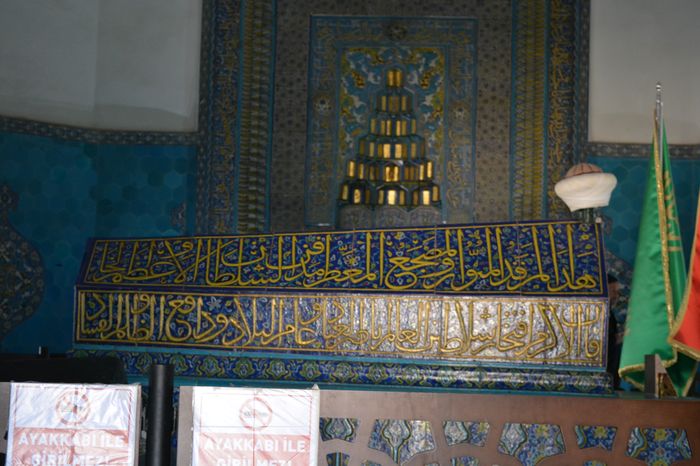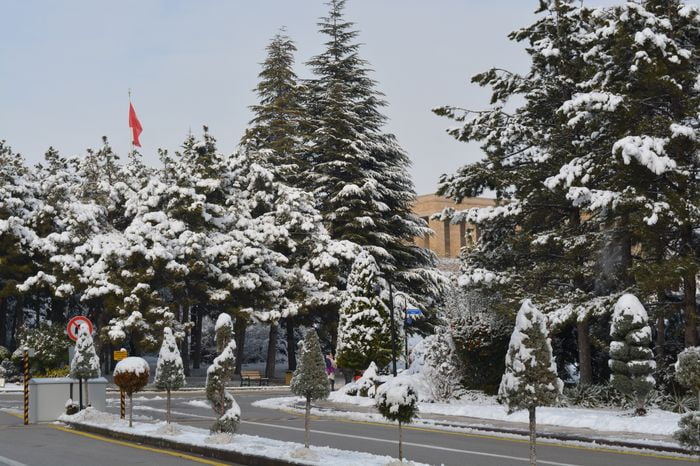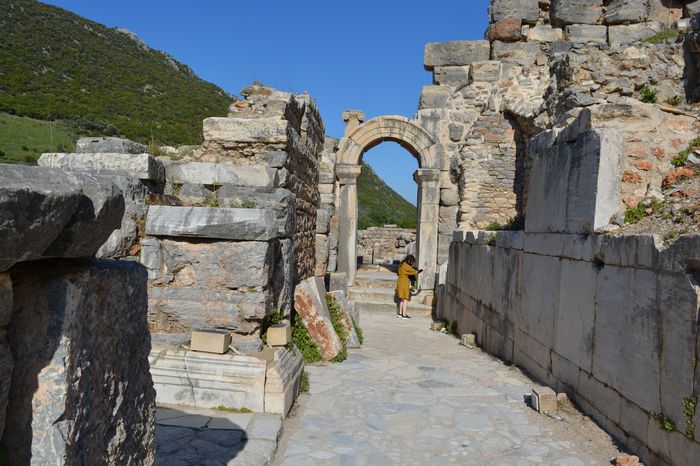They would never have been able to fight Servia and Montenegro, and at the same time to keep up their communications through a hostile country that was up in arms against them. This is, in my mind, the best evidence that there was no organized insurrection throughout the country; for if there had been, it would have succeeded.
All the people of Panagurishti seem to have finally engaged in the revolt, for Raika informed me that even the women had gone out and worked on the fortifications, so great was the enthusiasm, and that they worked at them nine or ten days. I afterwards had occasion to inspect those amateur fortifications when I went there with Mr. Schuyler.
They consisted simply of slight embankments thrown up across two of the roads leading to the village on hills between one and two miles away. The ditch was about a foot or eighteen inches deep, and five or six feet wide, and the embankment, or loose earth, three or four feet high, and not more than four or five feet wide at the bottom, would not have stopped a three-pound shell. It would have afforded convenient cover for pickets or a skirmish line, but was utterly useless for anything else. It would have been equally useless had it been a well-constructed fort Sightseeing Turkey; for the village was so accessible from all sides, that infantry -would not be obliged to advance by the road, and the works would be turned.
The ten days during which they were throwing up this puny earthwork did not pass without some incidents. In the first place, two tax-collectors, who approached the place, were ordered to deliver up their arms, and upon their refusal to do so were fired upon and killed. These tax-collectors were not, properly speaking, officers of the Government, but rather agents of the tax farmer, who had excited the hatred of the people by their extortions.
